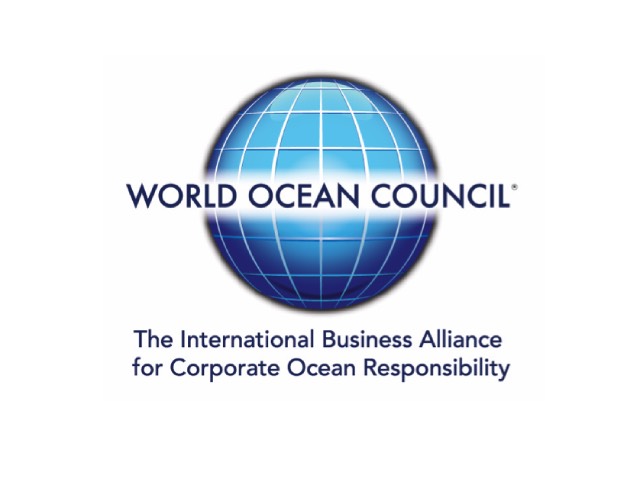The need for the global shipping industry to reduce its carbon footprint has become a high priority in recent years, especially given the projected growth in shipping decades to come as maritime transport continues to be a key driver of global economic development.
The World Climate Summit takes place in Madrid during the UNFCCC COP 25 and will include a special session at 2:30-3:30pm on “Future of Shipping: How to Ensure Commercially Viable Net Zero Vessels for Deep Sea Shipping Before 2030?”.
The session will be moderated by WOC CEO Paul Holthus and the panel includes:
- Volkmar Pflug, Vice President Strategies, Market and Competitive Intelligence,Siemens Energy
- Richard Crossick, UK Public Affairs Manager, Ørsted
- Ben Jordan, Senior Director, Climate Policy, Coca Cola
- Finance/Investment Representative, TBCThe session will address key issues facing the development of net zero vessels, including:
- What are the key challenges to developing net zero vessels in the next decade?
- What do shipbuilding, fuel, technology and other sectors need to be doing to be ableto meet this ambitious target?
- Are there sufficient and appropriate policies, structures and processes in place todeliver a commercially net zero vessel by 2030?
- What is the role of cargo owners and companies with large supply chains in thistransition?
- How can finance and investment best support and drive the change needed?After years of work, major decisions at the International Maritime Organization (IMO) now require global shipping to reduce total greenhouse gas emissions by at least 50% by 2050 compared with 2008. Leadership companies have proposed moving more quickly, such as Maersk’s commitment to becoming carbon neutral by 2050. Major new alliances have emerged to accelerate progress in decarbonizing shipping and the finance community has developed principles to help ensure investment is supporting this. A major transition in maritime fuel production and supply chains, power supply, engines, technology and operations is now getting fully underway. Net zero carbon vessels are at the heart of decarbonized maritime transport, with significant challenges to achieving the future of responsible shipping.









































